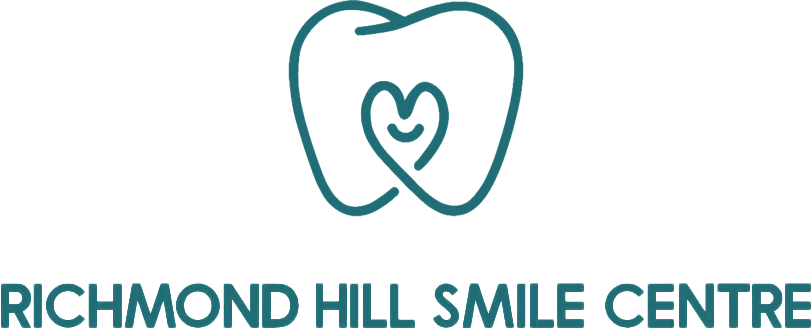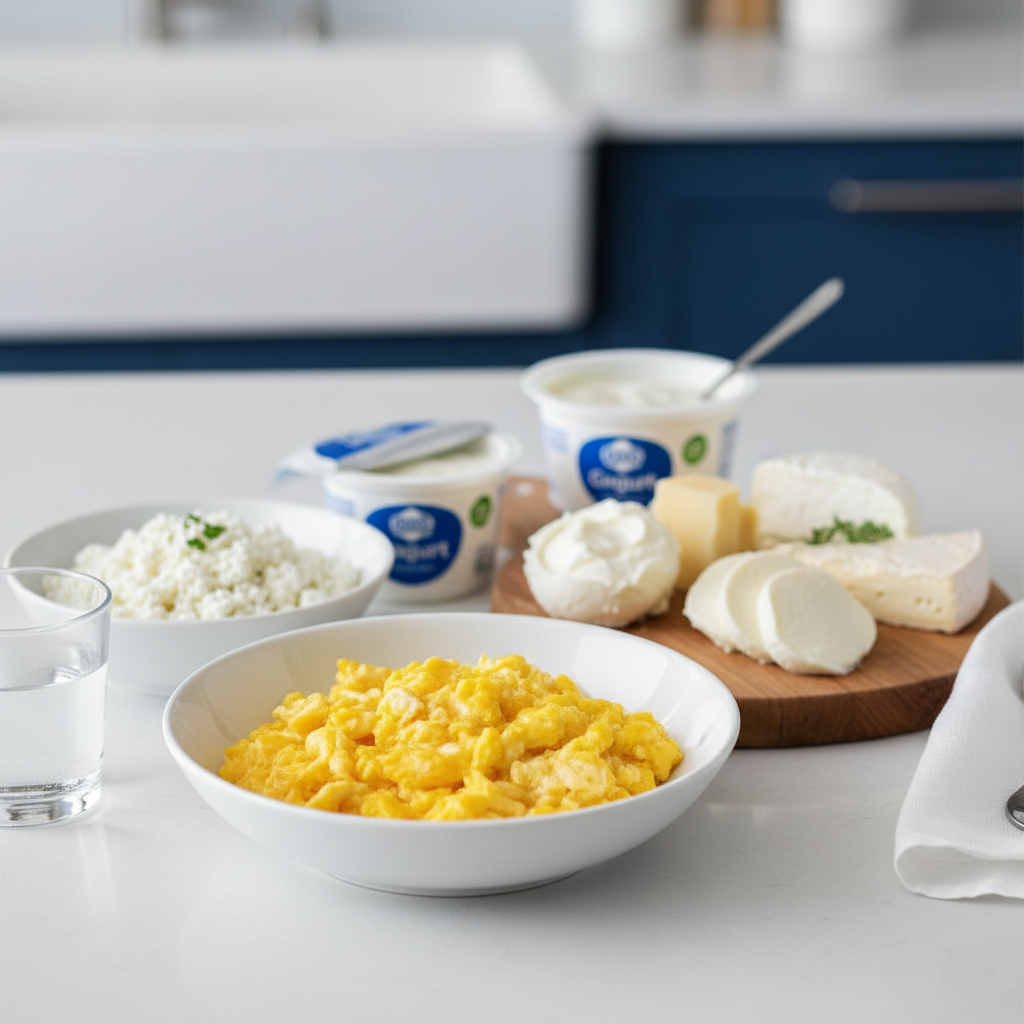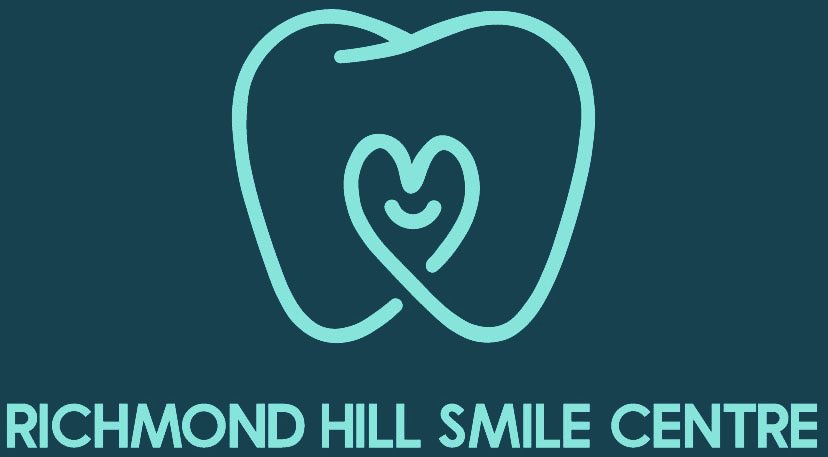You’ve made it through your dental surgery, and now you’re on the road to recovery! Whether it was a tooth extraction, dental implants, or another oral procedure, the moments right after are all about healing. And when you’re healing, what you eat can make a huge difference in your comfort and the success of your recovery. Think of it like a car after a tune-up; you wouldn’t just fill it with any old fuel. You’d be mindful of what you’re putting in to make sure it runs smoothly. Your mouth is the same way. The first few days after surgery are a bit like a gentle test drive for your healing mouth. Knowing what to eat and, just as importantly, what to avoid can prevent pain and get you back to your regular routine faster. This kind of thoughtful aftercare is a big part of the complete Cosmetic dentistry service in Richmond Hill we offer, because a great outcome starts with a great recovery.
The First 24 Hours: Soft Foods Are Your Best Friend
The first full day after dental surgery is when you need to be the most careful. The surgical site is healing, and you want to avoid anything that could disrupt the stitches or cause irritation. This is the time for a soft-food diet, almost to the point of being liquid.
What to Eat:
- Soups and Broths: These are fantastic because they’re nourishing and don’t require any chewing. Just make sure they’re lukewarm, not hot, as extreme temperatures can hurt the surgical site.
- Smoothies: A perfect way to get a lot of nutrients without any work. Just avoid using a straw, which can create suction and disturb the healing process.
- Yogurt and Pudding: Cool, soft, and easy to swallow. These can be very soothing.
- Mashed Potatoes or Applesauce: Comfort foods that are smooth and gentle on your mouth.
Following these simple rules for the first day is a great way to start your healing journey. After all, every dental procedure is a minor surgery, and what you do right after can set you up for success. We believe that this kind of mindful aftercare is just as important as the procedure itself. We love helping our patients feel comfortable, and giving them the right information for a smooth recovery is a big part of that. A healthy recovery is also a vital part of a complete smile makeover. For those who get their teeth repaired, a great smile is only as good as its foundation.
Days 2-7: Gradually Introducing New Textures
Once you’ve passed the 24-hour mark and the bleeding has stopped, you can start to expand your food choices. The key is to introduce new textures slowly and listen to your body. If something causes discomfort or pain, stop and go back to softer foods.
What to Try:
- Soft-cooked pasta, rice, or oatmeal: These are easy to chew and swallow.
- Scrambled eggs: A great source of protein that’s very gentle on your mouth.
- Soft vegetables: Cooked carrots, green beans, or squash are great options.
- Cooked fish or shredded chicken: These are soft proteins that will help your body heal.
It’s all about a slow and steady progression. It’s a bit like a weekend warrior getting back into a training routine; you don’t jump right back into a full sprint. You ease in with a jog. It’s the same idea for your teeth. This careful approach to healing is a core part of any great Cosmetic dentistry service in Richmond Hill because a great smile is a healthy one from the inside out. For those who are working on a more radiant smile, a professional Teeth Whitening treatment after you’ve healed can be a great way to add that extra sparkle.
Foods and Habits to Avoid
Just as important as knowing what to eat is knowing what to stay away from. Avoiding certain foods can prevent complications and make your recovery much more comfortable.
Avoid these for at least a week:
- Crunchy or hard foods: Chips, nuts, hard candies, and popcorn can all cause pain and damage the healing site.
- Chewy or sticky foods: Gummy candies or gum can pull on stitches and dislodge blood clots.
- Spicy or acidic foods: These can irritate the wound and cause a lot of discomfort.
- Alcohol and Tobacco: Both can interfere with the healing process and increase the risk of infection.
- Drinking through a straw: This can create negative pressure in your mouth and dislodge the blood clot, which can lead to a painful “dry socket.”
We want to make sure your recovery is as smooth as possible, which is why we provide clear instructions on what to do after your procedure. This kind of care is a hallmark of the commitment we have to our patients. When you’re ready to get your smile in its best shape, our team is here to help. Even beyond surgery, a healthy mouth is the perfect foundation for a beautiful smile. Some of our patients have found that after a procedure, they are more mindful of their oral health. Our clinic also has a full team, including an Orthodontist to help straighten teeth and improve your bite, which can also help keep your teeth healthy in the long run.
A Partner in Your Oral Health
At Richmond Hill Smile Centre, we believe that your dental journey doesn’t end when you leave our office. We are a leading dental clinic in Richmond Hill, and we’re committed to helping you through every stage of your treatment, from the initial consultation to your full recovery. Whether you’re interested in a smile makeover or need a surgical procedure, we’re here to help. For those who are also looking for a cosmetic solution that is discreet, our clinic offers Dental Invisalign for a more subtle way to get a straighter smile.
If you have any questions about your diet after dental surgery or any other aspect of your oral health, please don’t hesitate to reach out to us at info@richmondhillsmilecentre.ca.
Frequently Asked Questions
1. How long do I have to stick to a soft-food diet after dental surgery? For most procedures, you should stick to very soft foods for the first 24-48 hours. You can then gradually reintroduce soft-chew foods over the next week.
2. Can I drink coffee after dental surgery? You should avoid hot coffee for the first 24 hours to prevent irritating the surgical site. After that, lukewarm coffee is generally fine.
3. Is it okay to use a straw to drink smoothies? No, you should avoid using a straw for at least 3-5 days after surgery, as the suction can dislodge the blood clot and cause a painful dry socket.
4. What should I do if I accidentally eat something hard? If you accidentally eat something hard, rinse your mouth gently with warm salt water and monitor the surgical site for any signs of bleeding, pain, or swelling.
5. When can I go back to my normal diet? Most people can return to their normal diet after about a week, but you should continue to avoid very hard or chewy foods for a bit longer, or as advised by your dentist.
Conclusion
Following the right diet after dental surgery is a simple but vital part of your recovery. By sticking to soft, nourishing foods in the initial days and carefully reintroducing others, you can promote proper healing and minimize discomfort. It’s a temporary change that makes a huge difference in the long-term success of your procedure. A little bit of care goes a long way in ensuring your smile stays healthy and strong.



